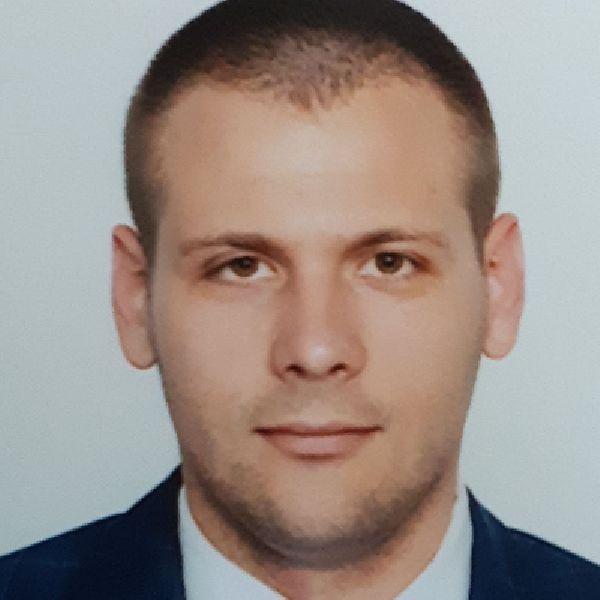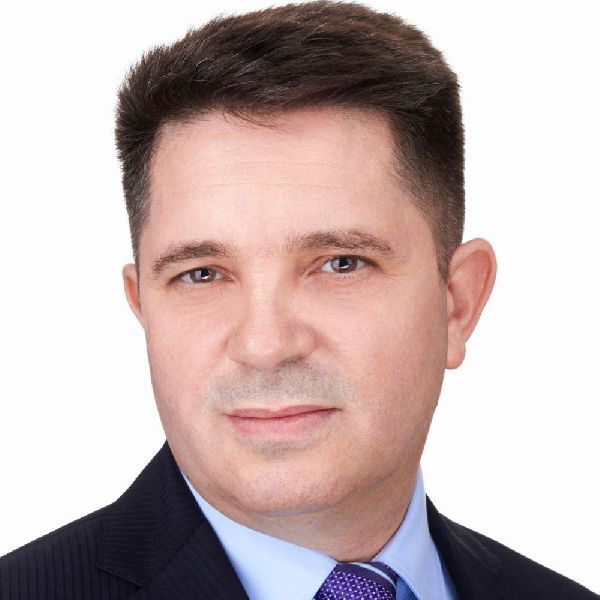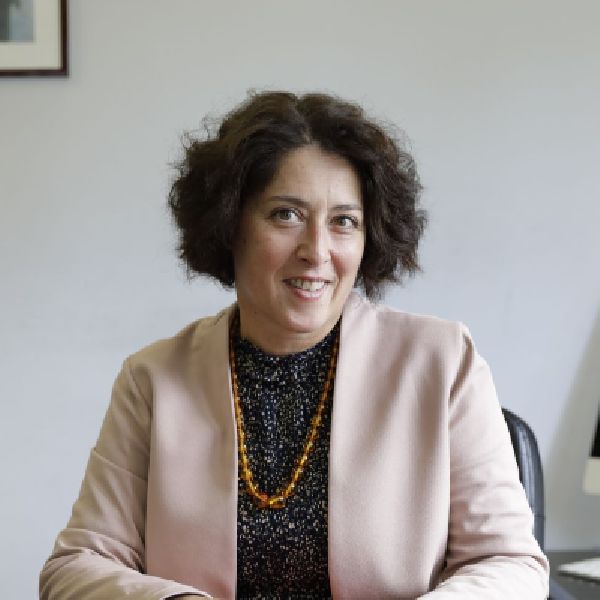
|
10.07.2023 | Teodor BURNAR
|




|
Mr. Marko Marović (WOLEP Serbia, specialist in Competition Law): „My foremost recommendation for Clients is to prioritize employee education, particularly of those in the commercial sector of the business”
Read here part I of our WOLEP Talk with Mr. Marko Marović.
WOLEP: Contemplating the advancements in the digital economy, specifically those pertaining to Artificial Intelligence (AI), and given your reputation as a dynamic lawyer and a member of the new generation of legal professionals in Serbia and the EU, how do you perceive the rapid rise of AI in law? Do you believe it will prove advantageous to your field of practice, specifically in relation to Competition Law, for example in the detection of illicit practices?
Marko Marović: Expressing a degree of doubt, I am hesitant to make any definitive statements regarding the potential outcomes of artificial intelligence on society. Given the uncertain manner in which authorities may incorporate these technological advancements into their proceedings and investigations, the implications of AI remain a matter of question.
WOLEP: But you have to admit these are exciting developments.
Marko Marović: Of course, the rise of artificial intelligence is an exciting development. However, it is important to note that many of the potential parties involved in competition proceedings in Serbia are regional or international companies with established standard operating procedures and internal guidelines. While AI has yet to significantly impact the Serbian economy in terms of Competition Law, there are certain areas, such as platforms and startups, that pose unique challenges for regulatory bodies. These entities can be difficult to monitor and impose taxes upon, making them a crucial factor in the future of Competition Law.
Platforms and startups pose unique challenges for regulatory bodies. These entities can be difficult to monitor and impose taxes upon
WOLEP: As a legal practitioner, what advice would you give to clients seeking to ensure compliance with Competition Law while also maintaining competitiveness in the market? Specifically, for those clients involved in the economy, do you have any recommendations?
Marko Marović: My foremost recommendation is to prioritize employee education. While not all employees may require training, it is imperative to provide instruction to those in the commercial sector of the business, such as individuals who work with clients or customers. Additionally, it is essential to be mindful of how communication with clients or competitors may impact the enterprise, as unwittingly and indirectly breaching regulations can lead to challenging and problematic circumstances for the company. It is important to note that noncompliance may result in a maximum penalty of 10% of the company's previous year's turnover.
WOLEP: Which can amount to a lot of money.
Marko Marović: Indeed, the potential penalties for noncompliance can be significant and many companies remain unaware of the consequences. Therefore, the first step is to raise awareness and educate employees on Competition Law. Secondly, it is imperative for companies to stay abreast of the latest case law and the activities of the Commission for Protection of Competition (CPC) and their reasoning. Understanding how the CPC evaluates certain situations and practices is essential.
Lastly, I recommend that companies consider hiring attorneys as consultants. While it is not necessary to have an in-house lawyer solely dedicated to Competition Law, organizing periodic sessions to update the company's system and ensure compliance with positive legislation is crucial. It is also important to be aware of potential situations, such as what steps to take if the CPC were to investigate the firm. These measures are of utmost importance for the operation of any undertaking.
It is imperative for companies to stay abreast of the latest case law and the activities of the Commission for Protection of Competition (CPC) and their reasoning. Understanding how the CPC evaluates certain situations and practices is essential
WOLEP: Your advice is valuable, and it appears that many entrepreneurs tend to overlook these crucial recommendations. This is particularly true for solopreneurs or small teams who may have limited resources and prioritize other tasks over compliance with Competition Law.
In the end, do you have any thoughts on the WOLEP network and its activities?
Marko Marović: In my opinion, the establishment of WOLEP is a commendable initiative, as it facilitates collaboration among independent attorneys worldwide who operate in smaller law firms without international partners. By assembling professionals from similar fields of law and practice, the network allows them to participate in larger projects, such as compliance projects for Europe, and compete with larger, international law firms. This advantage is particularly beneficial and could lead to the formation of additional practices, which may become more active in the market in the future.
Are you a legal eagle with a passion for collaboration? Join forces with other legal professionals and elevate your practice to the next level. Don't wait, sign up now to WOLEP and connect with like-minded lawyers today. Register your account here.
#Interviews #Marko Marovic #law in the Balkans #competition law #Serbia #WOLEP Talk



